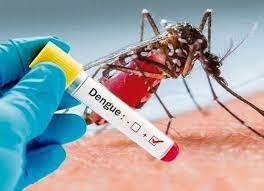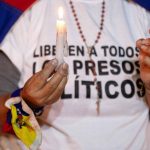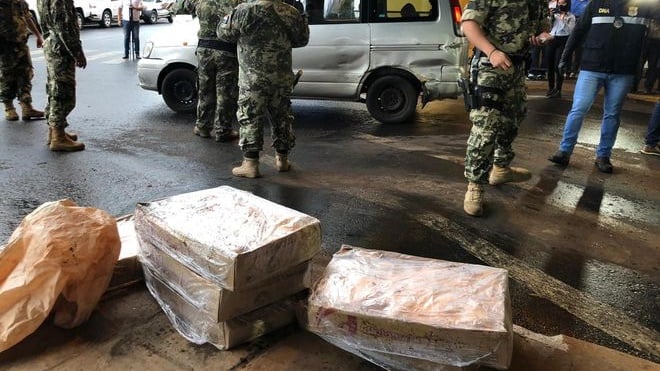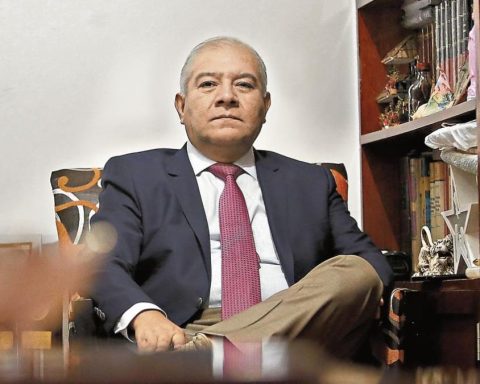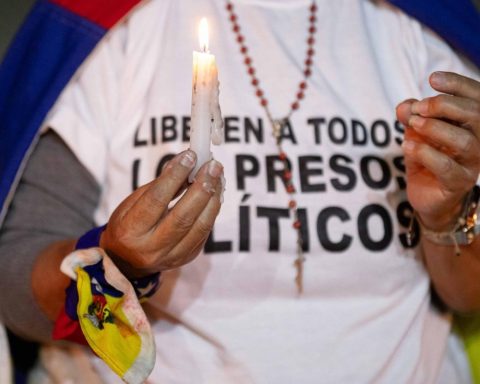The bulletin provided by the Department of Epidemiology of the Ministry of Health (Minsa) reports that, to date, 7,798 cases of dengue have been registered throughout the country.
In epidemiological week No. 48, of the 7,798 confirmed cases nationwide, without warning signs, 7,008 cases have been registered; 773 cases occurred with warning signs; 17 cases are serious cases and 4 deaths.
The report indicated that the five (5) regions with the most cases of dengue registered at the national level, continue to be led by the metropolitan Health region with 1,959 cases; North Panama with 1,402 cases; West Panama with 1,132 cases; Bocas del Toro with 859 cases and San Miguelito with 826 cases.
The Ministry of Health (Minsa) urges the population to clean their surroundings and inside their homes, cover the containers with water and keep in mind that nebulization only kills the adult mosquito. The prevention and control of dengue must be intersectoral and involve the family and the community.
The Pan American Health Organization (PAHO) points out that dengue is a febrile disease that affects infants, children and adults, with symptoms ranging from a moderate fever to a disabling high fever, with severe headache and behind the knees. eyes.
In addition, symptoms such as muscle and joint pain and rashes occur.
